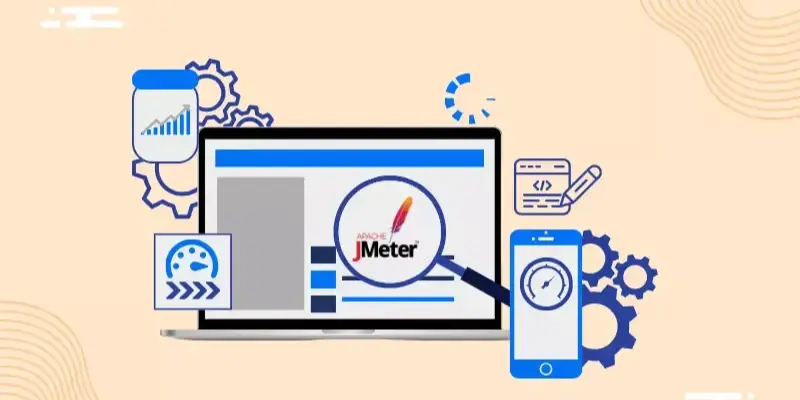Regarding performance testing, Apache JMeter is one of the most popular and powerful tools. Its flexibility and extensibility make it a favorite among testers and developers alike. One of the key reasons for its versatility is the wide range of plugins available that can extend its functionality beyond its core features. In this blog post, we’ll explore some essential JMeter plugins that can enhance your testing capabilities and help you achieve more comprehensive performance testing results. If you’re looking to master JMeter and enhance your testing skills, consider enrolling in a reputable JMeter Training in Chennai offered by FITA Academy.
Understanding JMeter Plugins
Before delving into specific plugins, let’s first understand what plugins are and how they work. JMeter plugins are additional components that can be seamlessly integrated into the framework to provide extra functionality. These plugins are developed by the community and cover various aspects of performance testing. They include samplers, listeners, controllers, and more.
Essential JMeter Plugins for Performance Testing
- HTTP Request Defaults: This plugin allows you to set default values for HTTP requests. This makes it easier to manage multiple requests efficiently within your test plan.
- Custom Thread Groups: Custom Thread Groups provide more advanced options for controlling the number of threads. They also allow you to adjust the ramp-up time and iteration count in your test scenarios.
- Response Times Over Time: This listener plugin visualizes the response times of your requests over time, helping you identify performance trends and potential bottlenecks.
- Throughput Shaping Timer: This plugin allows you to control the throughput of your test scenarios by specifying target throughput values and adjusting pacing accordingly.
- Ultimate Thread Group: The Ultimate Thread Group plugin offers advanced thread scheduling options, allowing you to create complex load profiles easily. Familiarizing yourself with this plugin is beneficial for your performance testing projects and for excelling in JMeter Certification exams.
Additional Plugins for Specific Use Cases
While the plugins mentioned above cover some of the essential functionalities, there are many more plugins available for specific use cases:
- WebDriver Sampler: For testing web applications with real browsers.
- JMeterPluginsCMD: Command-line utility for running JMeter tests non-interactively.
- Backend Listener: For sending test results to external systems like Grafana or InfluxDB for real-time monitoring and analysis.
Also Check: How to measure web application performance with JMeter


